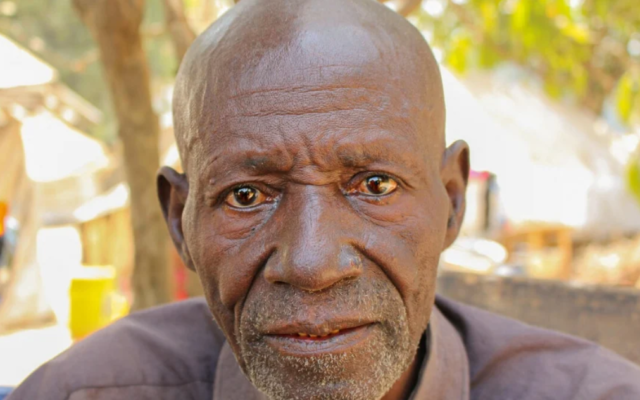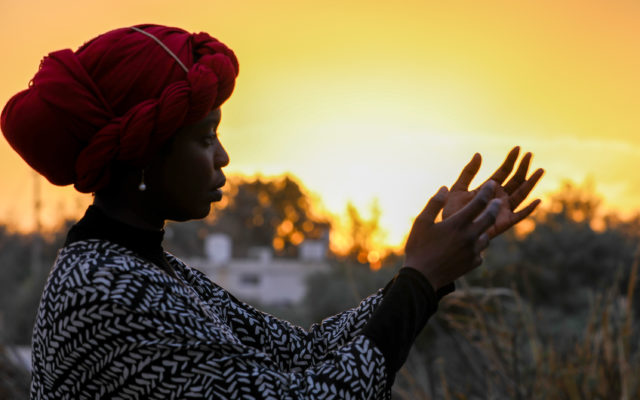Cameroonian refugees in Chad seek means of self-support
“Resuming my business will allow me to live with dignity through my own work. I could also make sure my children go back to school.”
© UNHCR/Aristophane Ngargoune
On 5 December 2021, clashes broke out between herders, farmers and fishermen in the village of Ouloumsa in northern Cameroon, following a dispute over water resources that have become scarcer as a result of the climate crisis. Fighting quickly spread to neighbouring villages before reaching the main commercial hub of Kousseri, leaving 44 dead, 111 injured and razing 112 villages to the ground.
Overall, the violence has displaced more than 100,000 people both inside Cameroon and across the border into Chad, where so far UNHCR has registered nearly 36,000 Cameroonian refugees.
Thousands #displaced by the recent #conflict between herders & fishermen in the Logone & Chari in #Cameroon’s Far North region are in pressing need of shelter, mats & other basic items. Farms & crops were destroyed so there’ll be no harvest. Most have lost their civil documents. pic.twitter.com/Tnj90HLKEf
— UNHCR Cameroon (@RefugeesCmr) January 25, 2022
Women and children account for around 90 per cent of these registered refugees.
Before the violence erupted in Cameroon, widowed mother of five Khadidja Herre always managed to meet the needs of her family and pay for the schooling of two of her children with her fish-selling business.
Without any work since her arrival in Chad, she says the days have dragged and her family has suffered. “I haven’t done anything since I’ve been here and my children no longer go to school,” she said.
Unwilling to consider an immediate return to Cameroon due to the security situation, she is keen to replicate her former enterprise here in Chad while waiting for calm to return.
In recent weeks UNHCR has ramped up its operations to help those affected. Together with the authorities and other humanitarian partners, UNHCR is providing vital assistance to Cameroonian refugees and internally displaced people who urgently need food, shelter, blankets, mats and hygiene kits.
Most of the recently arrived refugees were taken by surprise by the violence and fled without belongings or documents. While many have been taken in and generously assisted by local host communities, there is a growing desire among many refugees to find jobs or other ways of supporting themselves.
“Resuming my business will allow me to live with dignity through my own work. I could also make sure my children go back to school.”
For the time being, thousands of displaced Cameroonians like Khadidja remain dependent on humanitarian support. In response, UNHCR recently appealed for an additional US$59.6 million to meet the urgent needs of Cameroonian refugees and internally displaced people over the next six months.
You can help displaced mothers like Khadidja by donating today.
To get the latest stats and figures on the situation in Cameroon, please visit.




